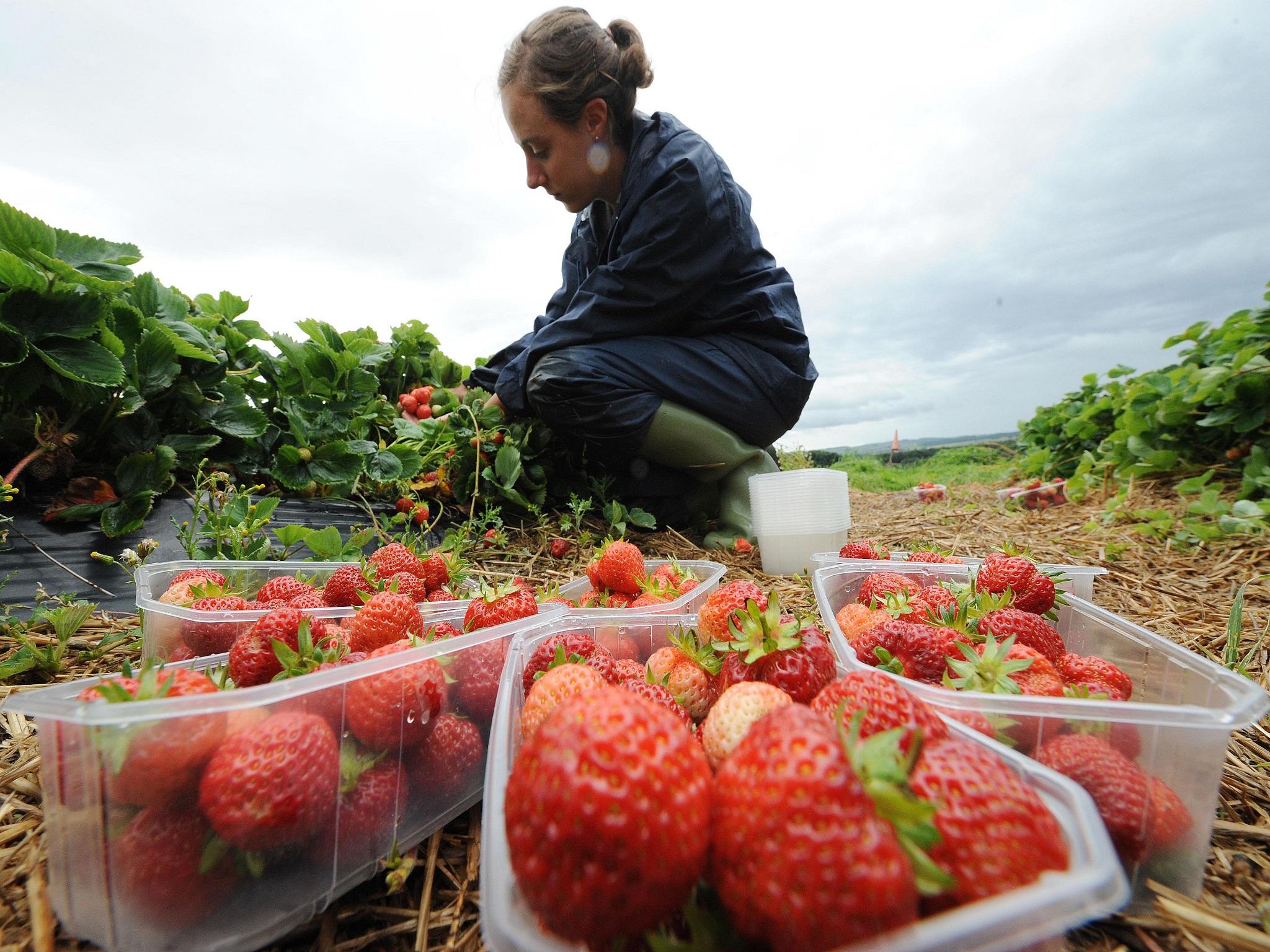UN warns companies 'skimming off' money from low-paid migrants in UK who send £8bn a year home to families
In 18 countries across Africa and Asia, remittances increase education spending by 35 per cent

Your support helps us to tell the story
From reproductive rights to climate change to Big Tech, The Independent is on the ground when the story is developing. Whether it's investigating the financials of Elon Musk's pro-Trump PAC or producing our latest documentary, 'The A Word', which shines a light on the American women fighting for reproductive rights, we know how important it is to parse out the facts from the messaging.
At such a critical moment in US history, we need reporters on the ground. Your donation allows us to keep sending journalists to speak to both sides of the story.
The Independent is trusted by Americans across the entire political spectrum. And unlike many other quality news outlets, we choose not to lock Americans out of our reporting and analysis with paywalls. We believe quality journalism should be available to everyone, paid for by those who can afford it.
Your support makes all the difference.The UN has warned too much “hard-earned money” is being taken away from low-paid migrant workers who send money back to their home countries, often to keep family members in education.
According to a report by the UN’s education agency, people wiring money should only have to pay a 3 per cent charge, when the global average is 7 per cent.
"Companies should not be allowed to continue skimming off so much of the money that migrants are sending back home," said Manos Antoninis, director of Unesco's Global Education Monitoring report.
"Such transaction costs are highest for the poorest migrants."
The Association of UK Payment Institutions says fees would be lower if regulators allowed more companies to compete in this market.
Costs vary by destination, the report said, with the average cost of remittance to countries in sub-Saharan Africa standing at 9.4 per cent, compared to 5.2 per cent in southern Asia.
“Based on the estimated $613 billion (£478bn) in global remittances in 2017, reducing costs from 7.1 per cent to 3 per cent would translate into savings of more than $25 billion (£19.5bn) annually,” the report said.
It continued: “Lowering remittance costs would allow households to spend an additional $1 billion (£780m) on education per year. This may be an underestimate, since remittances are more likely to be spent on education.”
In 18 countries across Africa and Asia, Unesco reported, remittances increased education spending by 35 per cent, and in Latin America by 50 per cent plus.
In India, rural families receiving remittances spent 17 per cent more on education than neighbours who did not have such cash being sent back by relations.
Unesco’s study revealed migrant workers in the UK are sending £8bn a year to help their families in their home countries – with most going to Nigeria, India and Pakistan.
Hundreds of millions also go from Britain to Bangladesh, China, Ghana, Kenya, the Philippines and Poland each year.
Global remittances have increased threefold since the turn of the millennium, according to data from Unesco and the Pew Research Center, a US-based fact tank.
India ($71bn) and China ($60bn) were the biggest receivers of remittances in 2013, according to World Bank data.
Join our commenting forum
Join thought-provoking conversations, follow other Independent readers and see their replies
Comments